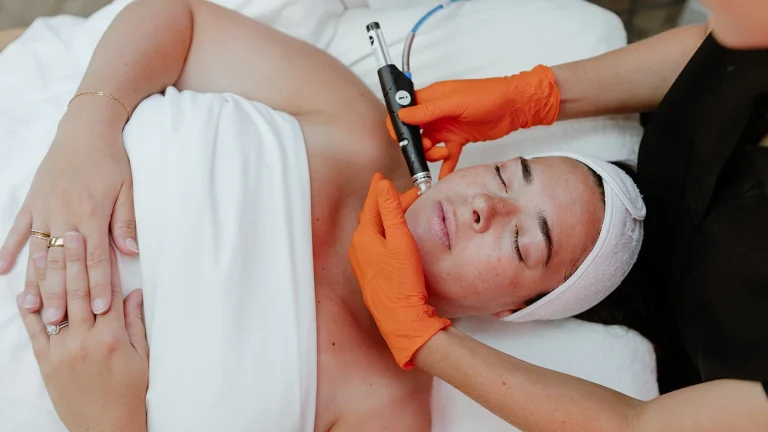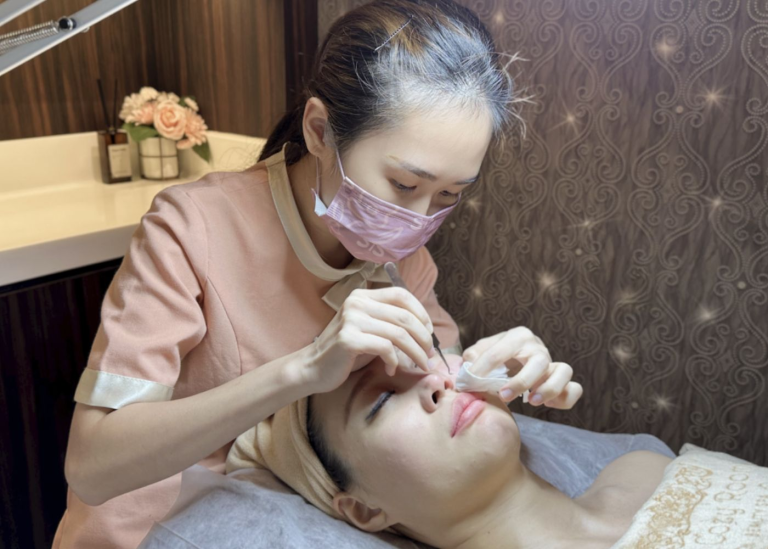Millions of people worldwide rely on contact lenses for crisp, clear vision. Contacts are preferable to glasses for a number of reasons, but they also have problems of their own. For many people, LASIK surgery is the answer they’ve been looking for finally, they can be free of dependence on glasses or contact lenses to see clearly.
LASIK has been widely available since the early 1990s. This procedure uses a laser to reshape the cornea, eliminating imperfections in its shape that reduce visual acuity. It’s generally quite affordable, and has few notable negative side effects when performed correctly.
Unfortunately, not everyone is a good candidate for LASIK. For certain people, the risk of complications can outweigh the benefits, or their particular type of vision problem might not be something that can be fixed with this procedure. A poor outcome from a LASIK procedure could have a serious impact on your vision and your quality of life, so it’s important to consider things that could disqualify you from being a good candidate.

Here are a few of the things that could prevent you from having your vision corrected with LASIK.
Age
There’s actually no set age limit for LASIK, but there are some caveats that contact lens Winnipeg services don’t have. The FDA has only approved the procedure for patients 18 years of age or older, so ophthalmologists will not perform LASIK on a minor. However, it’s actually recommended that you wait a little bit longer, until at least your mid-20s. This is because while you’re young, your prescription may still be changing. To qualify for LASIK, you’ll need to have had a stable prescription for at least two years.
Adults in their mid-20s and 30s are generally good candidates. However, once you enter your 40s, you start experiencing changes in your eyes again. Presbyopia is an extremely common form of vision loss that begins in your 40s or 50s and continues throughout old age. As you grow older, the lens of your eye hardens, making it harder to accommodate nearby objects. This is why older people so often rely on reading glasses. LASIK does not correct presbyopia. However, this is an alternative procedure, monovision, that corrects only one eye for near vision, leaving the other uncorrected for better distance vision.
That isn’t to say that you can’t get LASIK later in life. Many people do, and LASIK has been performed successfully on people in their 60s and 70s. Although there aren’t any definite age boundaries for LASIK surgery, it could be said that if you’re going to do it, your 30s are probably a good time.
General Health
LASIK candidates should have good, stable overall health — specifically, a healthy immune system. Certain health problems could potentially exclude you, including diabetes, immune diseases, or being on any medications that can weaken your immune system as a side effect. Mental health issues should also be discussed with your doctor, as they could potentially impact your healing process.
Eye Health
For successful LASIK surgery, a patient should also be free of any pre-existing eye disease that could impact the healing process. This includes things like amblyopia (“lazy eye”), strabismus, glaucoma, optic nerve disease, and many retinal diseases. You should also talk to your ophthalmologist if you have keloid scarring from a previous surgery.
Eye Injury
If you have an active eye infection, or you’re still recovering from a previous eye injury, you can’t get LASIK until that situation is resolved.
Nursing & Pregnancy
LASIK isn’t performed on women who are currently pregnant or breastfeeding. This is because the hormones involved in pregnancy and lactation can interfere with medical prescriptions you’ll need, with your surgery. Women are generally advised to wait until at least three menstrual cycles have passed after they stop nursing.
Dry Eyes
Chronic dry eye syndrome can make someone, a poor LASIK candidate, as the surgery tends to produce dry eyes in its own right during recovery.
Corneal Thickness
To be a LASIK candidate, your corneal thickness must be at least 0.5 mm. LASIK involves removing some tissue from the cornea in order to reshape it and improve vision. If your corneas are too thin, the amount of tissue that needs to be removed could have serious detrimental effects. Your ophthalmologist will measure your corneas to determine whether you’d be a suitable candidate.
Say Goodbye to Glasses and Contacts with LASIK
Only a physician can accurately determine whether you’re a suitable candidate for the LASIK procedure. Most people with myopia (nearsightedness), hyperopia (farsightedness), or astigmatism can have their vision successfully corrected with LASIK, however. If you’re over 18, you’re not pregnant or nursing, and you don’t have any pre-existing eye diseases, you will probably turn out to be a good candidate for this potentially life-changing surgery.

















